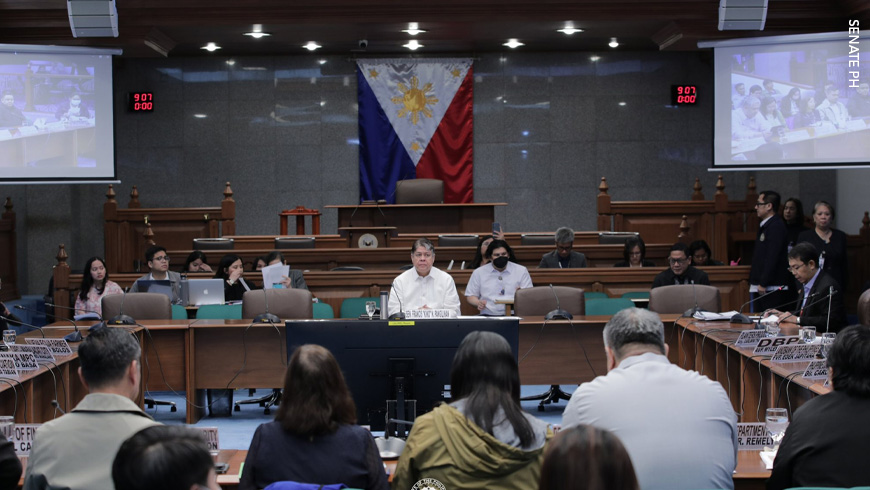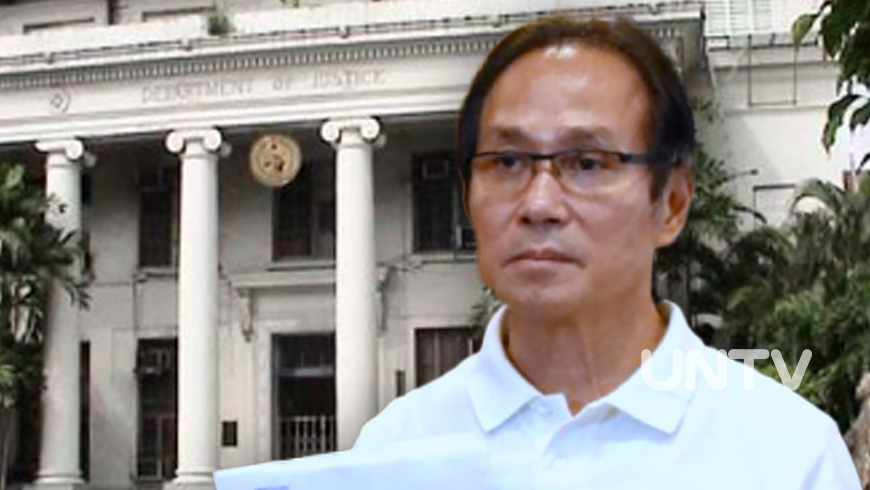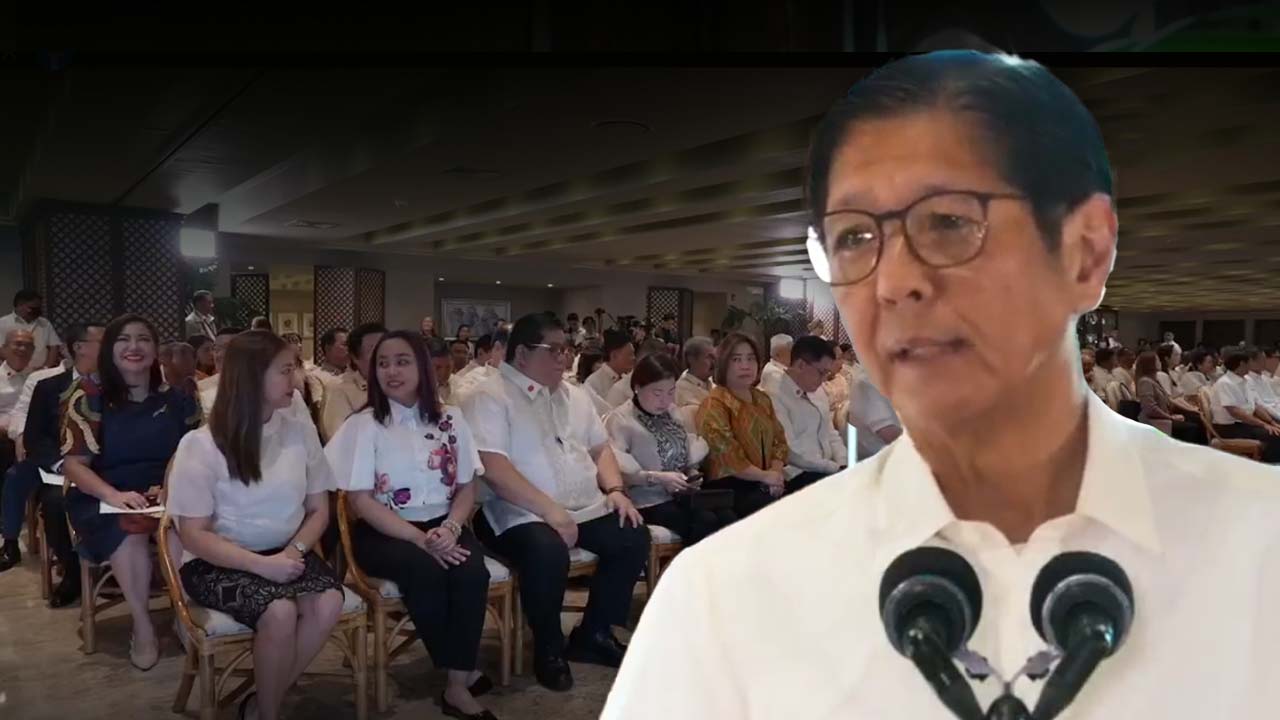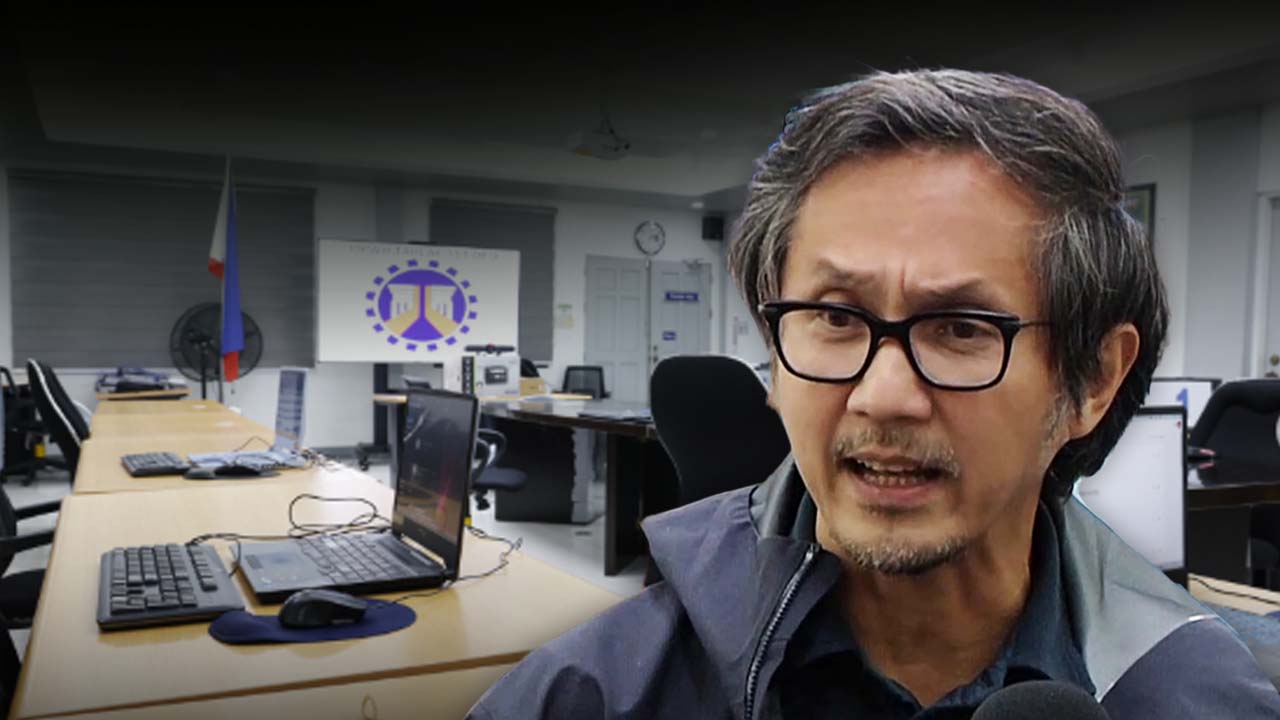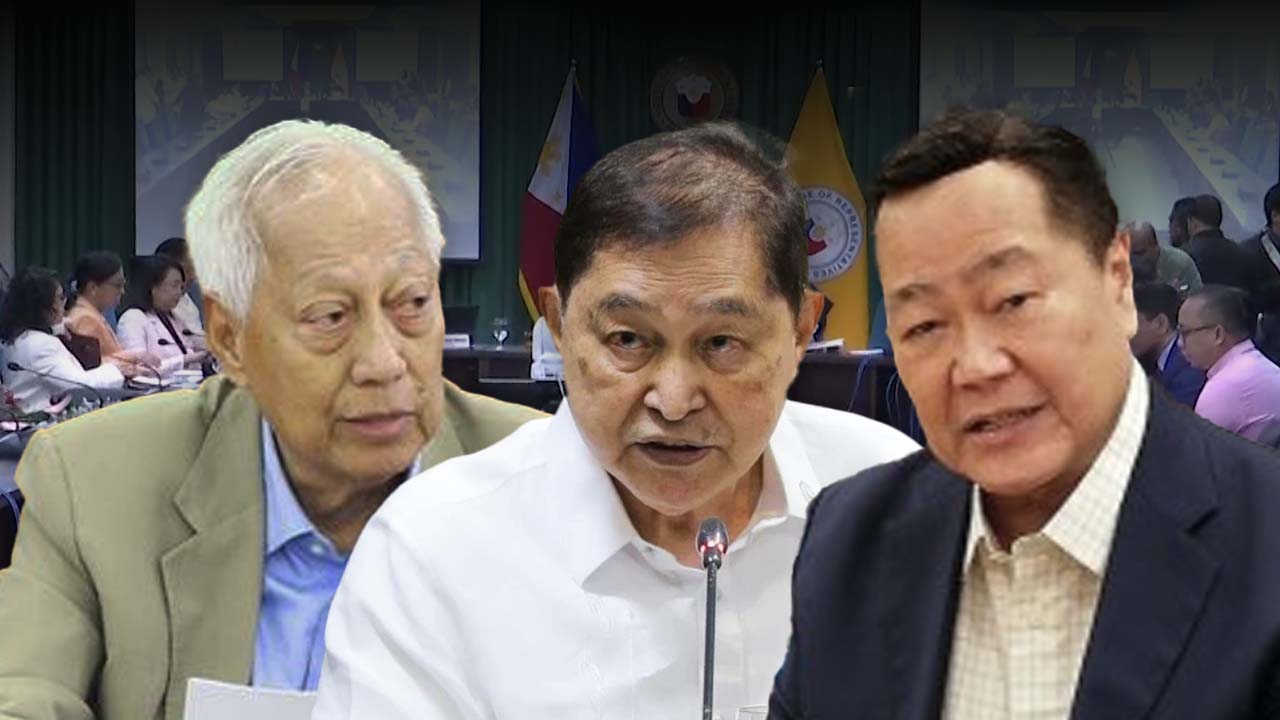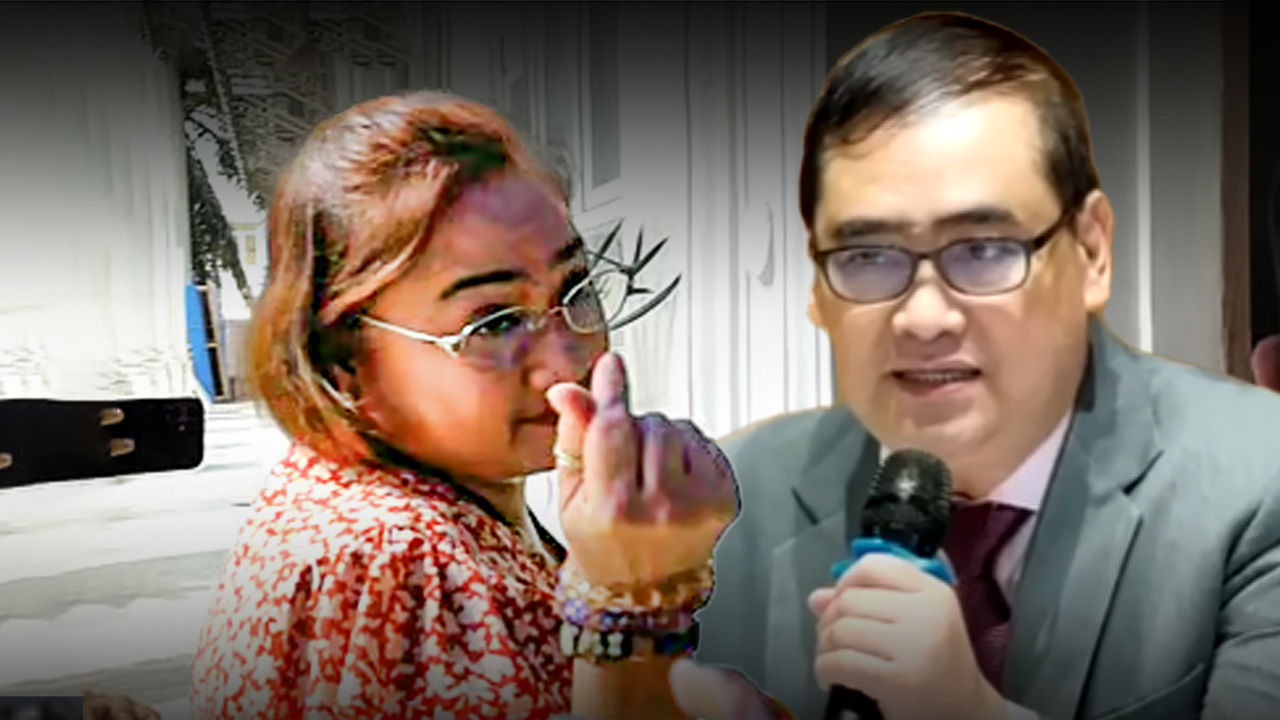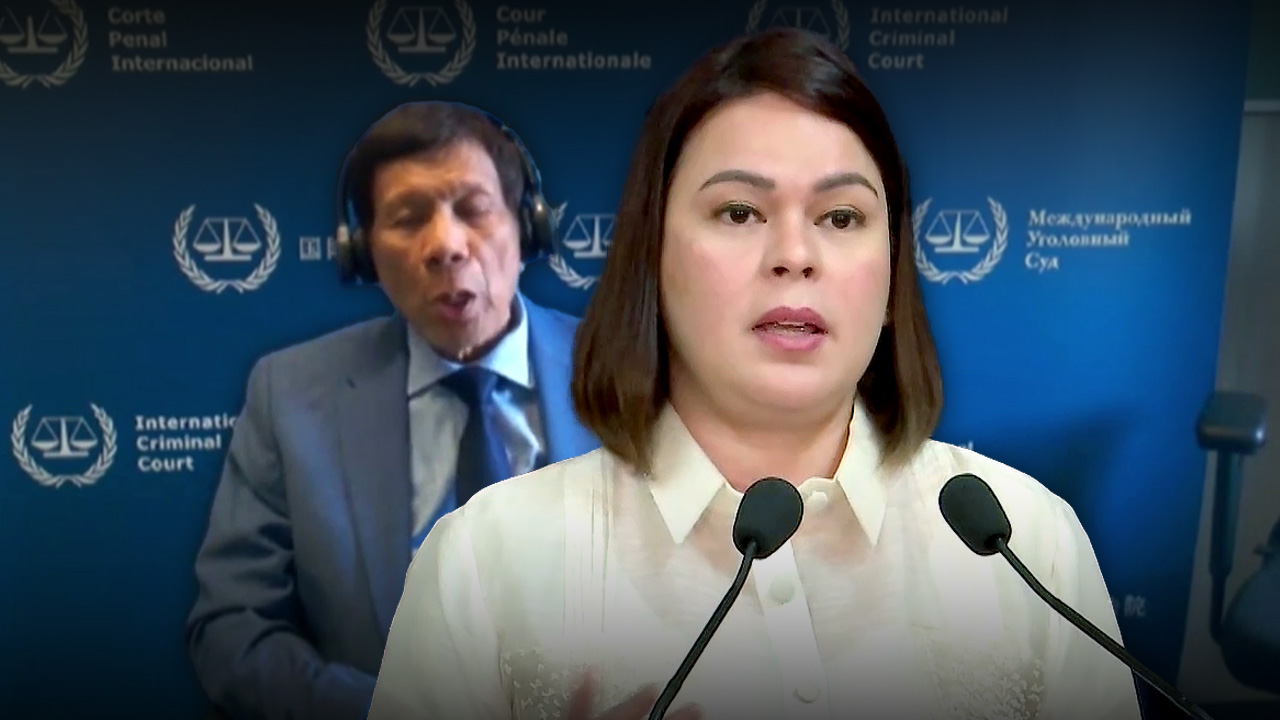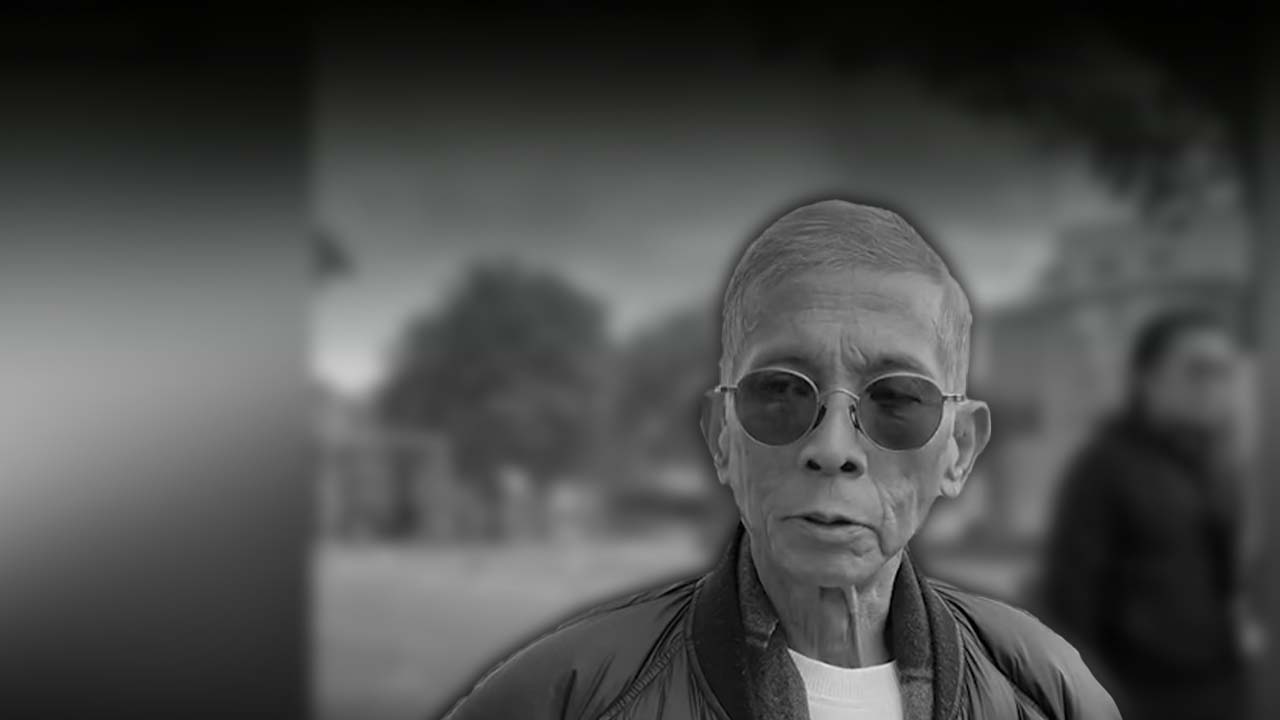A legislative push for unprecedented accountability in government spending began with urgency at the Senate on Wednesday, October 22, 2025, as the Committee on Justice and Human Rights opened its public hearing on the proposed Independent People's Commission (IPC). The measure, Senate Bill No. 1215, seeks to establish a powerful, independent body focused exclusively on investigating the pervasive corruption, overpricing, and anomalies in all national infrastructure projects. The hearing brought together key legislative leaders and respected jurists to debate the final form of what may become the ultimate weapon against the systemic fraud that has bled billions from the public treasury.
In his opening salvo, Committee on Justice and Human Rights Chairman Senator Francis “Kiko” Pangilinan immediately pressed for immediate action, calling on the Executive to prioritize the measure. “Truth delayed is justice denied,” Pangilinan declared, underscoring the necessity of passing the bill quickly to address the current crisis of public trust.
He stressed that the IPC must be made permanent, unlike the existing, temporary commission created by Executive Order. “Kung maisasabatas ang komisyong ito, ay magiging mas malakas at mas malaya kumpara sa kasalukuyang ICI sa ilalim ng isang executive order. Senate Bill No. 1215 ay nagbibigay sa IPC ng statutory permanence, ganap na kalayaan at garantisado ang transparency at fiscal autonomy.”
As the bill’s principal author, Senate President Vicente C. Sotto III outlined his vision for a truly comprehensive oversight body. Sotto proposed numerous amendments to strengthen the bill, including granting the IPC the power to file cases, recommend the preventive suspension of corrupt officials, and request the freezing of assets. He emphasized that the IPC's mandate must be broad enough to cover all government sectors, not just roads and bridges. “This Independent People's Commission that we would like to push for is not limited to infrastructure. It is encompassing. It will include everything that would need investigation of the people and different sectors of the government,” Sotto insisted.
Adding institutional weight to the hearing was former Senate President Franklin Drilon, who echoed the call for urgency while reflecting on the severe scale of the nation's corruption problem. Drilon supported certifying the bill as urgent, stating that the current situation demands a powerful response to a corrosive "culture of impunity." The veteran lawmaker admitted the magnitude of the problem had reached unprecedented levels: “I have never seen corruption in this magnitude in my 24 years. It’s a culture of impunity and a failure of our justice system. We must restore the people's faith in democracy by showing that it can still deliver justice.”
The debate then moved to the legal teeth of the proposed commission, with former Chief Justice Renato Puno strongly asserting that the existing commission lacks the necessary authority to deal with the problem. When asked about the current body’s capacity to address the "largest corruption scandal ever in the country's history," Puno did not mince words. “Yes, and I’d like to think that that opinion is shared by the people in our country,” he replied. Puno proposed that the IPC be given powers far beyond mere investigation, citing international success stories. “We hail the model of Singapore—[or] Hong Kong. They have power to prosecute, not just to investigate. Not just to be glorified researchers,” the former Chief Justice recommended.
The key distinction of Senate Bill No. 1215, as emphasized by its proponents, is its commitment to independence. By guaranteeing statutory permanence and fiscal autonomy—features absent in the current Executive Order-created commission—the IPC would be protected from political meddling, ensuring its investigations are non-partisan and focused solely on fact-finding. This independence is paramount to attract high-caliber experts and earn the public's full trust.
As the Senate proceeds with the bill’s deliberation, the consensus among the most respected voices in government is clear: the existing system has failed, and a new, powerful, and permanent watchdog is necessary. The fate of the Independent People's Commission now rests on the legislature’s ability to pass a law that is not only robust enough to dismantle syndicated corruption but also efficient enough to deliver the swift justice that the nation’s taxpayers have long been denied.



%201.svg)











